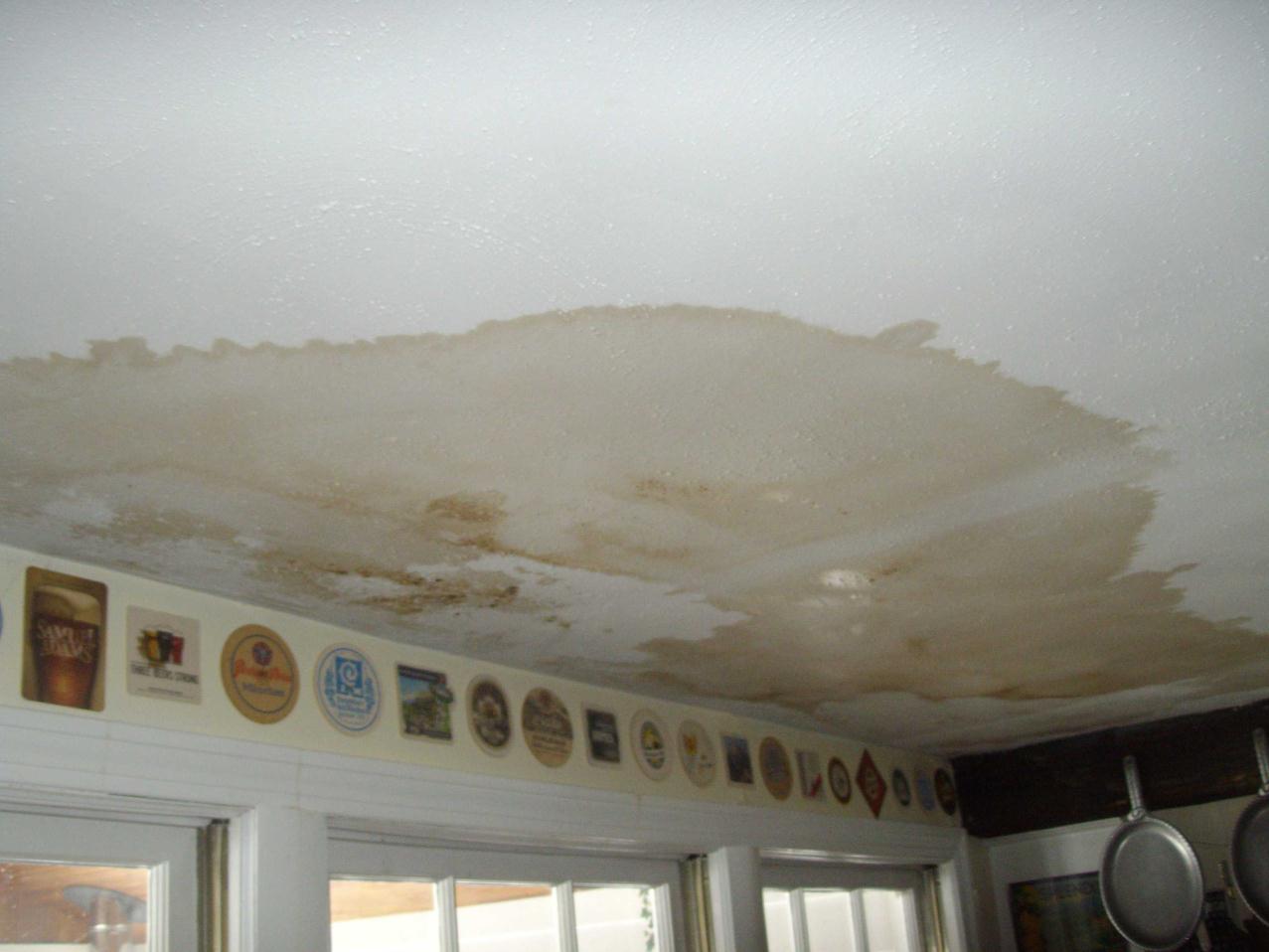Do's & Don'ts of Water Damages.
Do's & Don'ts of Water Damages.
Blog Article
Do you find yourself interested in advice about Fire And Water Damage Prevention?

Water offers life, water breach on components where it's not intended to be can result in damages. If the water saturates right into your framework, it can peel off away surfaces as well as deteriorate the structure. Mold as well as mold also grow in a wet setting, which can be dangerous for your health. Residences with water damages odor old as well as musty.
Water can come from lots of resources such as tropical cyclones, floods, ruptured pipes, leakages, as well as sewer concerns. In case you experience water damages, it would be great to know some safety and security precautions. Below are a couple of standards on how to manage water damages.
Do Prioritize Home Insurance Coverage Insurance Coverage
Water damages from flooding as a result of hefty winds is seasonal. However, you can also experience a sudden flooding when a faulty pipe suddenly bursts right into your residence. It would be best to have home insurance policy that covers both disasters such as natural tragedies, as well as emergencies like busted plumbing.
Don't Fail To Remember to Turn Off Energies
In the event of a calamity, especially if you stay in a flood-prone area, it would certainly be advisable to switch off the main electrical circuit. This removes power to your whole home, protecting against electric shocks when water comes in as it is a conductor. Additionally, do not fail to remember to switch off the primary water line shutoff. Furniture will certainly move around as well as trigger damages when floodwaters are high. Having the major shutoff shut down prevents further damage.
Do Stay Proactive and Heed Climate Informs
Tornado floodings can be really unforeseeable. Stay ready as well as aggressive if there is a history of flooding in your area. Listen to evacuation warnings if you live near a creek, river, or lake. Secure prized possessions from the ground floor and basement, then put them on the highest possible level. Doing so reduces potential residential property damages.
Don't Neglect the Roof
You can prevent rain damage if there are no holes and leakages in your roof. This will certainly protect against water from moving down your wall surfaces as well as soaking your ceiling.
Do Take Note Of Small Leakages
A ruptured pipe doesn't take place overnight. Typically, there are warnings that suggest you have weakened pipelines in your home. You may see bubbling paint, peeling off wallpaper, water streaks, water spots, or trickling sounds behind the wall surfaces. At some point, this pipeline will certainly burst. Preferably, you need to not wait for things to intensify. Have your plumbing repaired before it leads to substantial damage.
Do Not Panic in Case of a Ruptured Pipeline
Keeping your presence of mind is essential in a time of situation. Because it will certainly suppress you from acting quick, panicking will only intensify the issue. When it concerns water damage, timing is vital. The longer you wait, the more damages you can expect. Hence, if a pipe bursts in your residence, immediately turned off your main water valve to remove the resource. Disconnect all electric outlets in the area or turn off the circuit breaker for that component of the house. Lastly, call a reliable water damages restoration expert for help.
Water provides life, water intrusion on parts where it's not intended to be can result in damages. Homes with water damages odor old and musty.
Water damage from flooding fees to heavy winds is seasonal. You might notice gurgling paint, peeling wallpaper, water touches, water stains, or trickling sounds behind the wall surfaces. When it comes to water damage, timing is crucial.
Some Do's & Don't When Dealing with a Water Damage
DO:
Make sure the water source has been eliminated. Contact a plumber if needed. Turn off circuit breakers supplying electricity to wet areas and unplug any electronics that are on wet carpet or surfaces Remove small furniture items Remove as much excess water as possible by mopping or blotting; Use WHITE towels to blot wet carpeting Wipe water from wooden furniture after removing anything on it Remove and prop up wet upholstery cushions for even drying (check for any bleeding) Pin up curtains or furniture skirts if needed Place aluminum foil, saucers or wood blocks between furniture legs and wet carpet Turn on air conditioning for maximum drying in winter and open windows in the summer Open any drawers and cabinets affected for complete drying but do not force them open Remove any valuable art objects or paintings to a safe, dry place Open any suitcases or luggage that may have been affected to dry, preferably in sunlight Hang any fur or leather goods to dry at room temperature Punch small holes in sagging ceilings to relieve trapped water (don't forget to place pans beneath!); however, if the ceiling is sagging extremely low, stay out of the room and we'll take care of it DO NOT:
Leave wet fabrics in place; dry them as soon as possible Leave books, magazines or any other colored items on wet carpets or floor Use your household vacuum to remove water Use TV's or other electronics/appliances while standing on wet carpets or floors; especially not on wet concrete floors Turn on ceiling fixtures if the ceiling is wet Turn your heat up, unless instructed otherwise

I came across that content about Keeping Your Home Safe This Holiday Season while doing a search on the internet. Do you know another person who is occupied with the topic? Why not share it. I truly appreciate reading our article about What You Can Do At Home To Prevent Fire And Water Damage.
Report this page